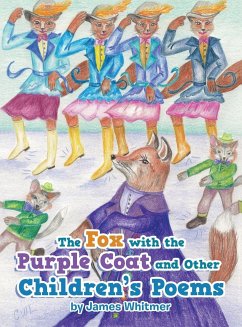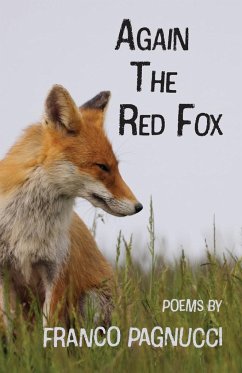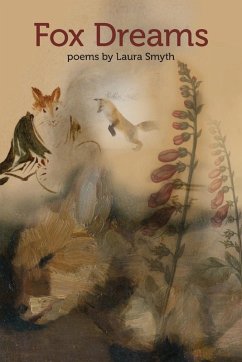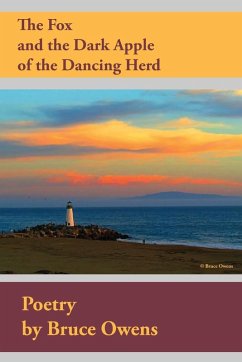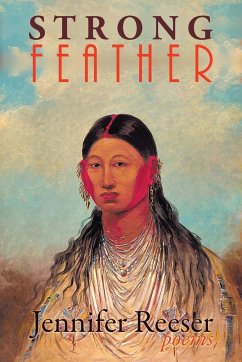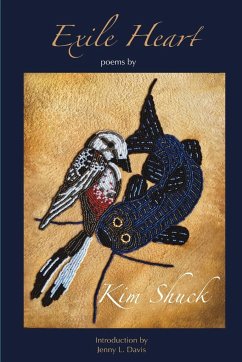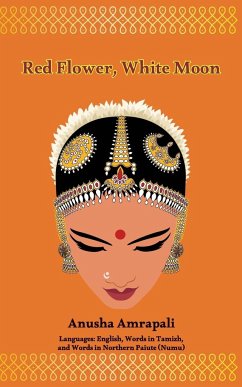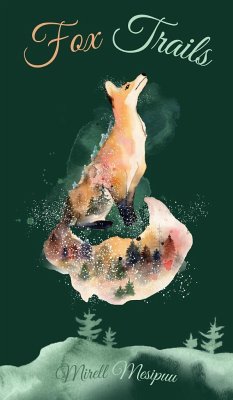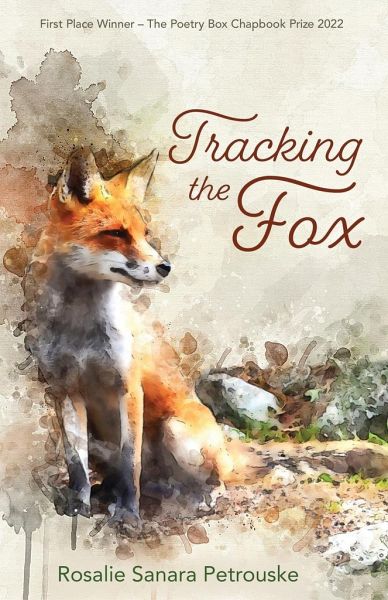
Tracking the Fox
Versandkostenfrei!
Versandfertig in 1-2 Wochen
12,99 €
inkl. MwSt.

PAYBACK Punkte
6 °P sammeln!
1st Place Winner of The Poetry Box Chapbook Prize, 2022 In Tracking the Fox, Rosalie Sanara Petrouske weaves a tale of family ties and history. The poems are steeped in her Native American heritage and in the natural lore her Ojibwe father taught her. Skilled in descriptive writing, she allows the readers to see waterfalls, hear winds howling, and smell delicate flowers in full bloom. They will walk with her and her father through fields of native grasses, along snowy animal tracks, and down wooded paths. As you read these poems, Tracking the Fox, draws you into Rosalie's story and leaves you ...
1st Place Winner of The Poetry Box Chapbook Prize, 2022 In Tracking the Fox, Rosalie Sanara Petrouske weaves a tale of family ties and history. The poems are steeped in her Native American heritage and in the natural lore her Ojibwe father taught her. Skilled in descriptive writing, she allows the readers to see waterfalls, hear winds howling, and smell delicate flowers in full bloom. They will walk with her and her father through fields of native grasses, along snowy animal tracks, and down wooded paths. As you read these poems, Tracking the Fox, draws you into Rosalie's story and leaves you a little closer to the natural world. Early Praise: "The poems in Tracking the Fox unfold at the slow pace of a hike in the woods, inviting the pleasures and joys of nature, while never turning away from the shared struggles and pain of the poet's Ojibwe heritage. Hers is a fearless language that holds it all, like the black ash basket she weaves with her daughter, welcoming every reader with each personal, conversational, and precise poem. This is an ambitious, necessary voice committed to truth-telling and the naming of creatures, large and small, that make up our world. In 'The Sky I Was Born Under,' written in homage to U.S. Poet Laureate Joy Harjo's piece of the same name, she describes the scene of her own birth, ending with the lines: 'I wailed for the first time, my voice/ ricocheted in the stillness,/ and all the forest creatures paused to listen.' Tracking the Fox will cause us all to pause and listen to the hard-won work of this poet coming into her own as a Native American woman and mother, promising: 'we shall let our voices be heard.'"-James Crews, contest judge, poet, editor of How to Love the World "Tracking the Fox gives us poems to read and reread, both for the beauty of their immersion in nature and for the way they help to dissolve 'deep...ancestral pain.'"-Dr. Terry Bohnhorst Blackhawk, author One Less River,, Kresge Arts in Detroit Literary Fellow "I admire Petrouske's voice, for it holds tension, making the reader eager for every reverberating, often haunting, ending."-Janine Certo, author of O Body of Bliss, winner, Longleaf Press Book Contest in Poetry (2022) "Take these [poems] outside and sit with them and you will be all the better for it. These heal what needs healing."-Michael Delp, Co-editor of Made in Michigan, Wayne State University Press



